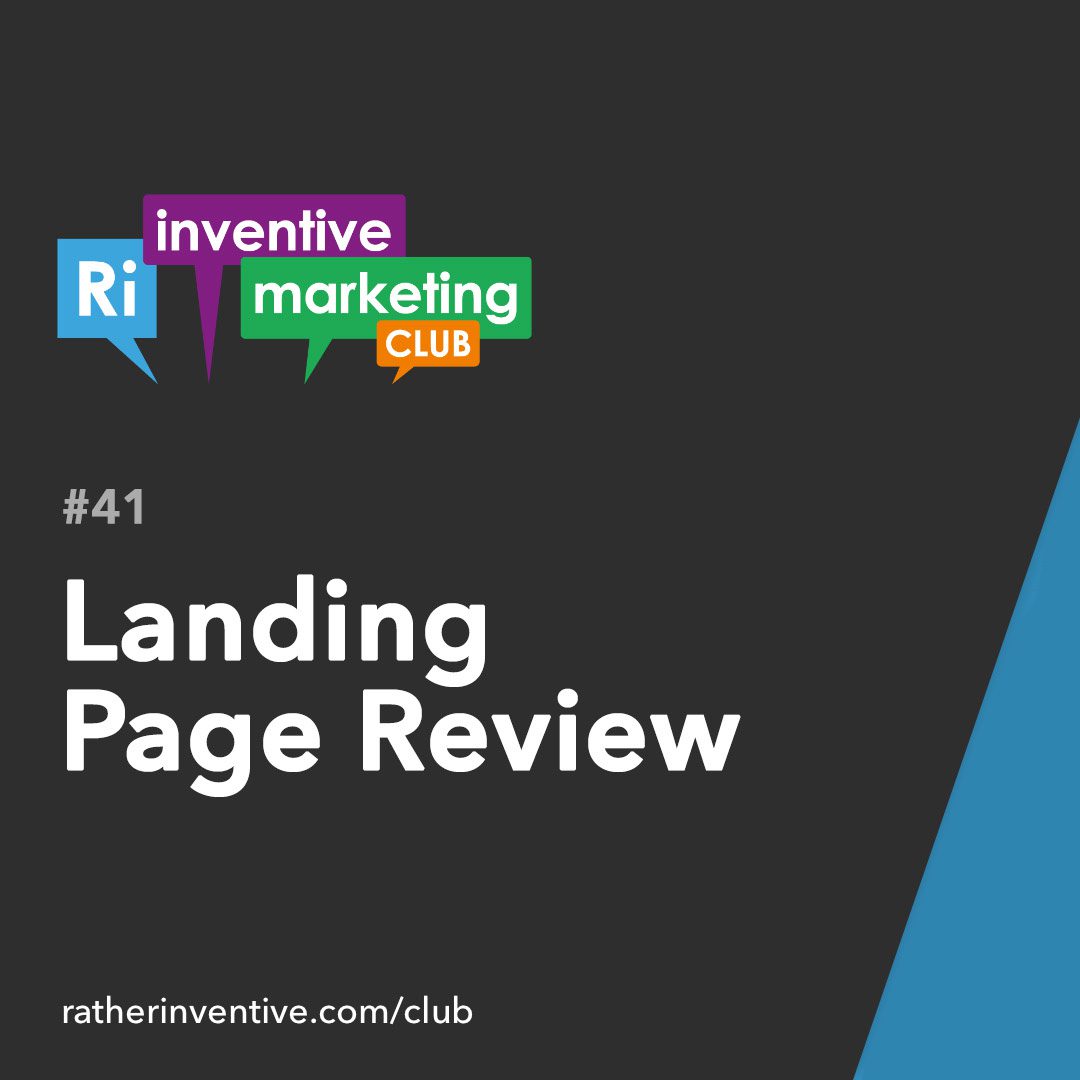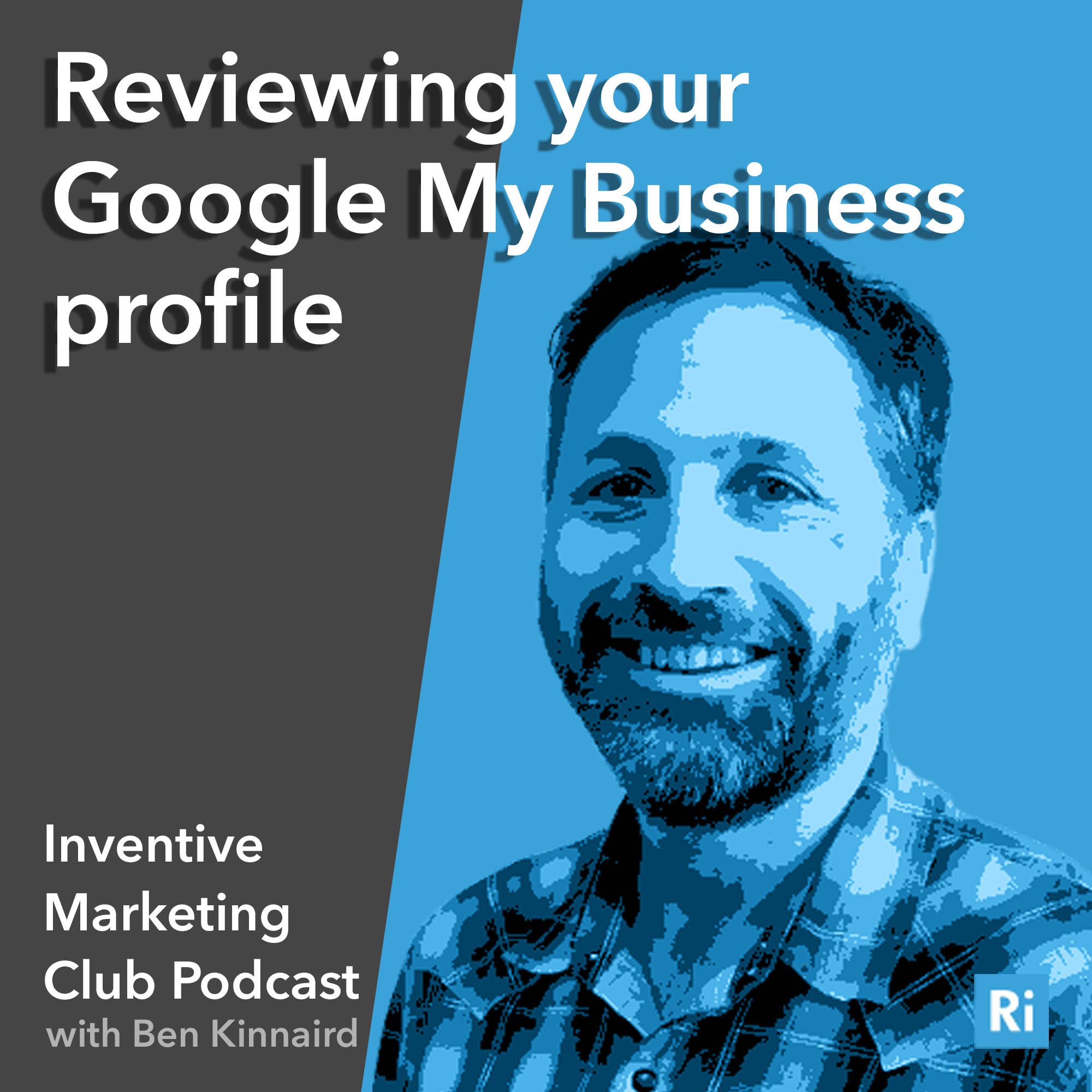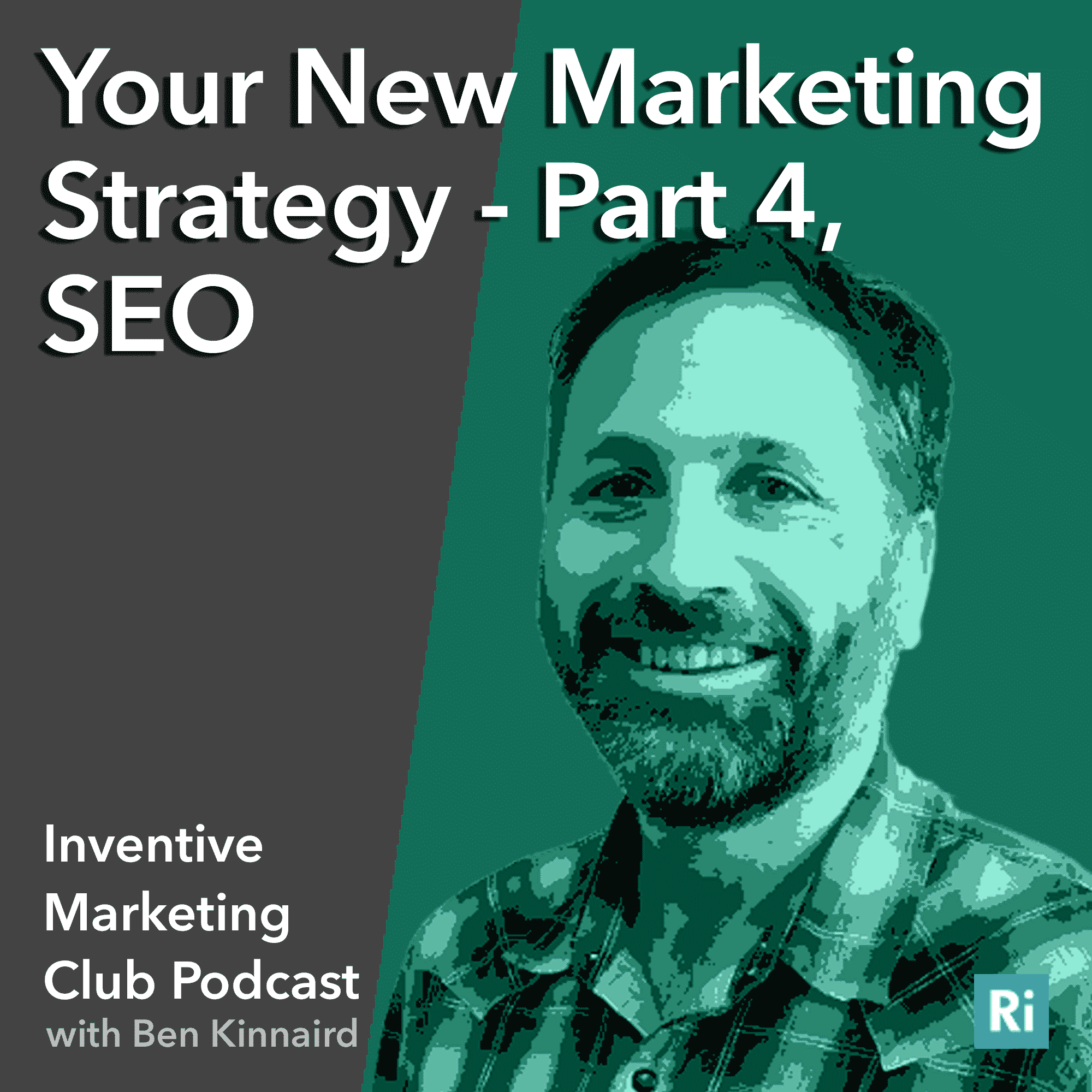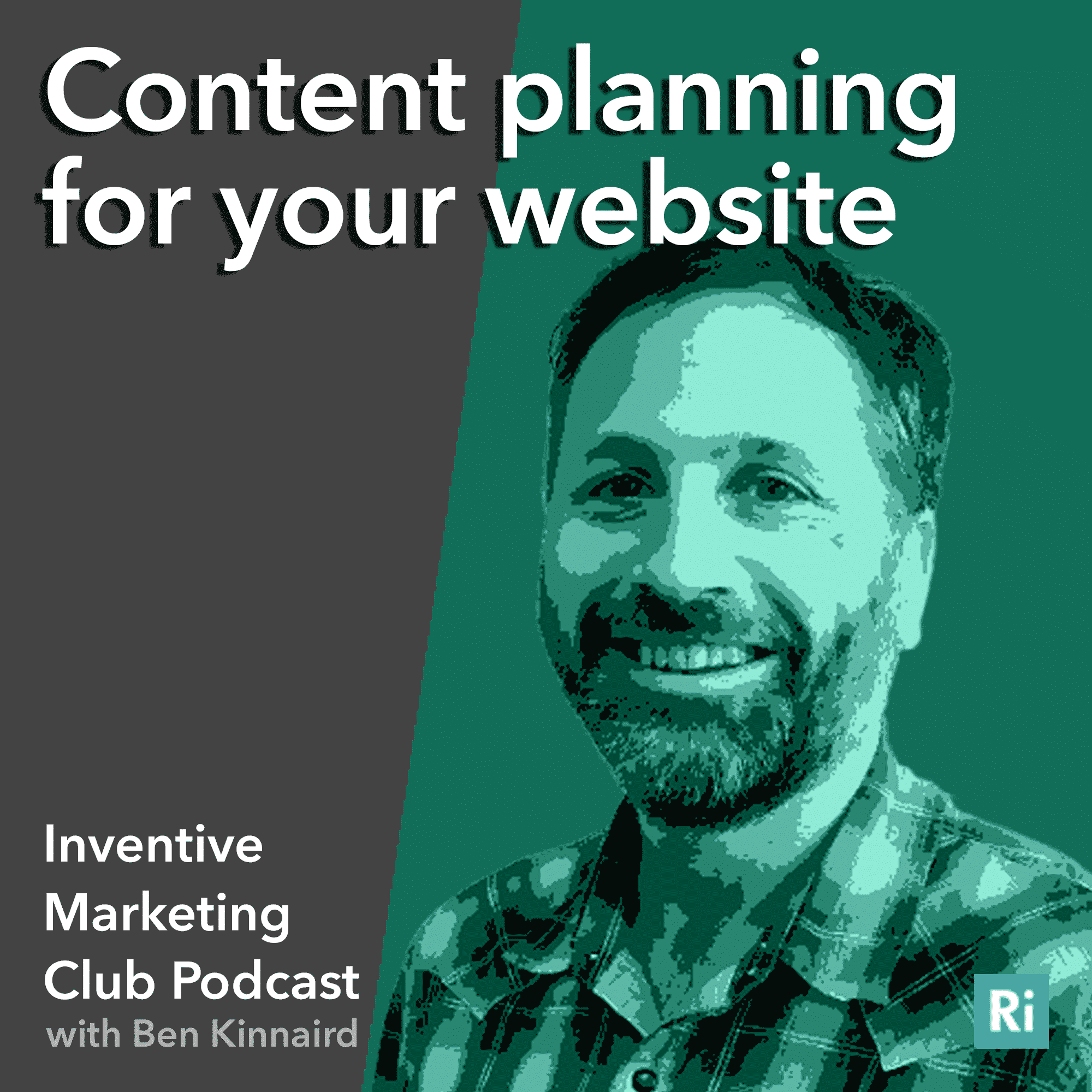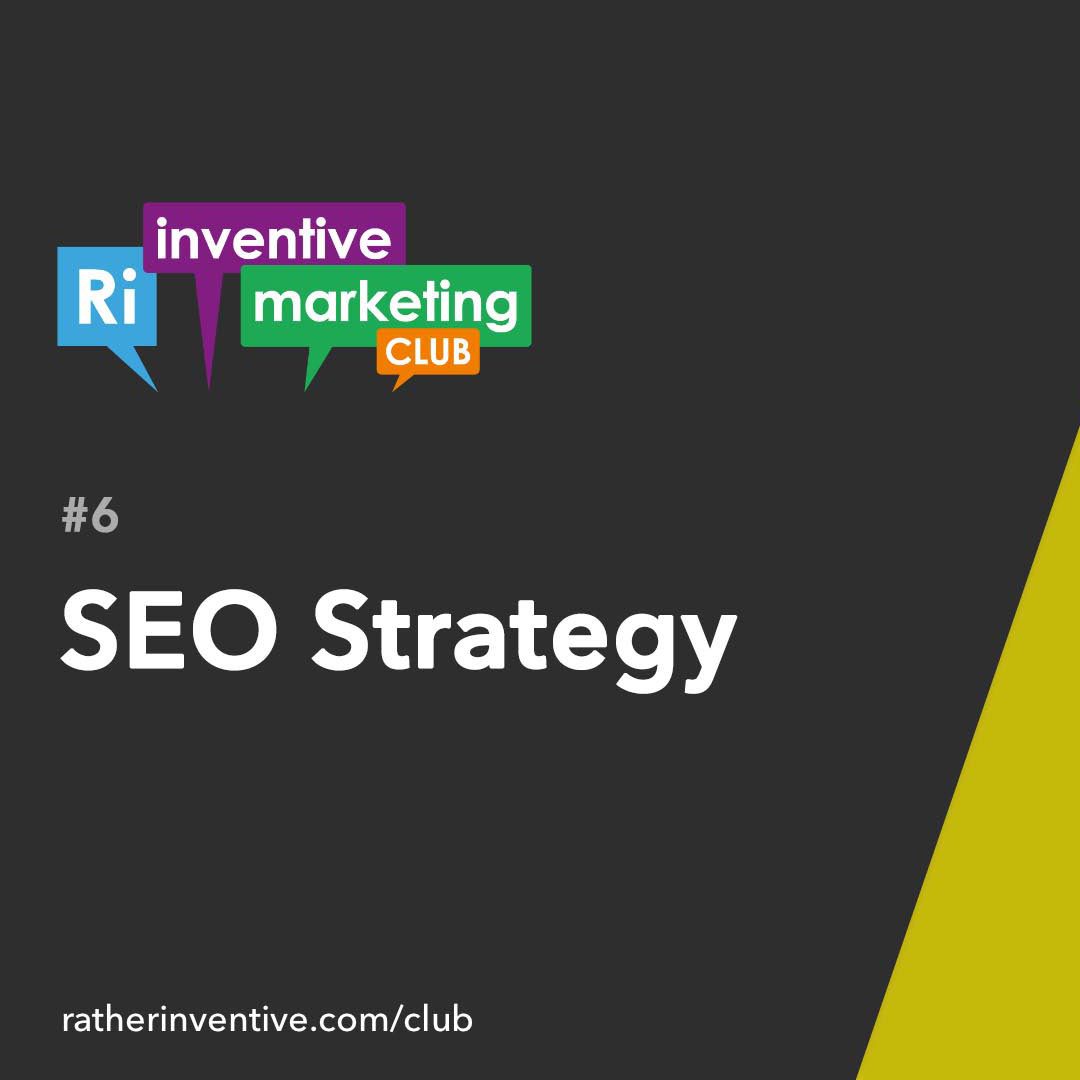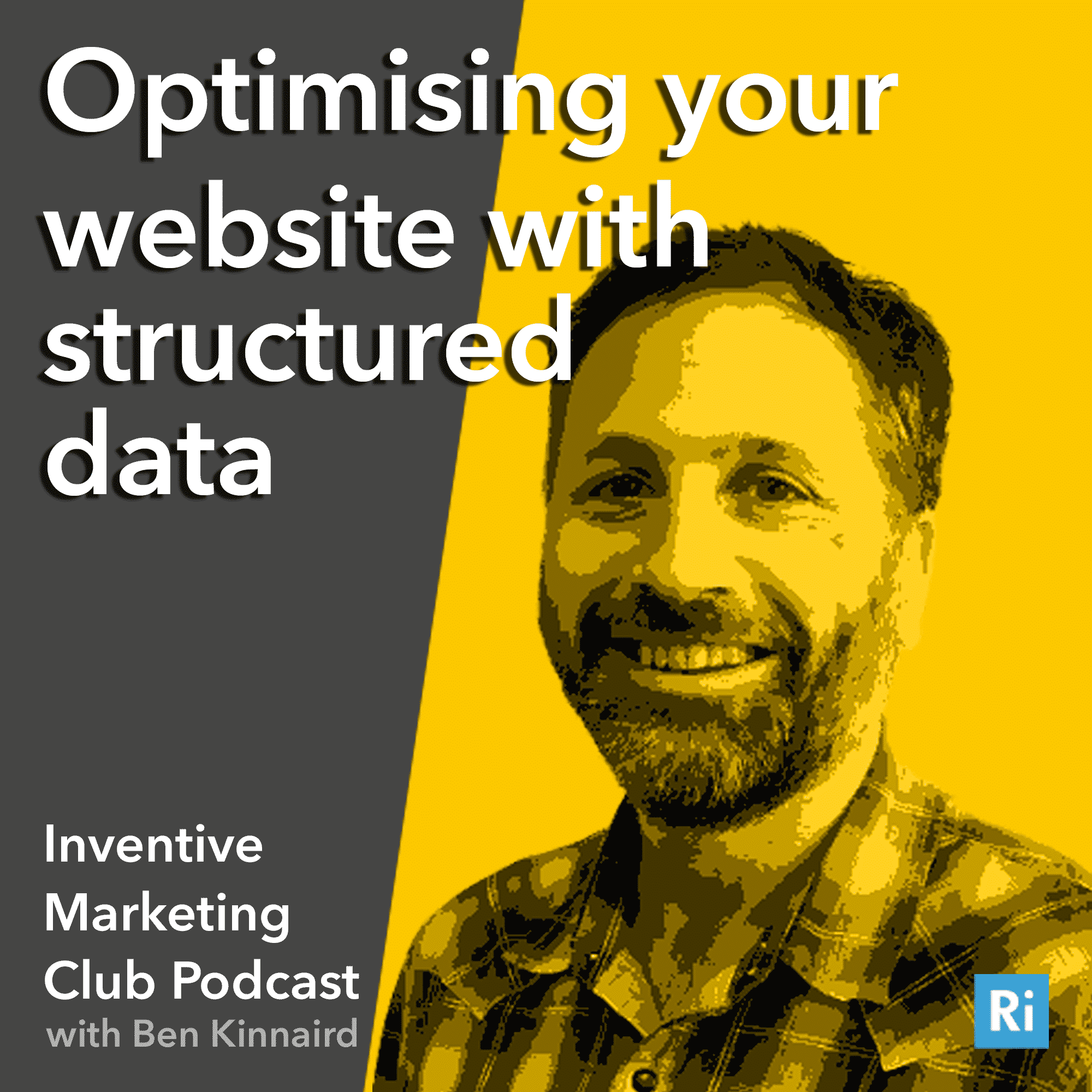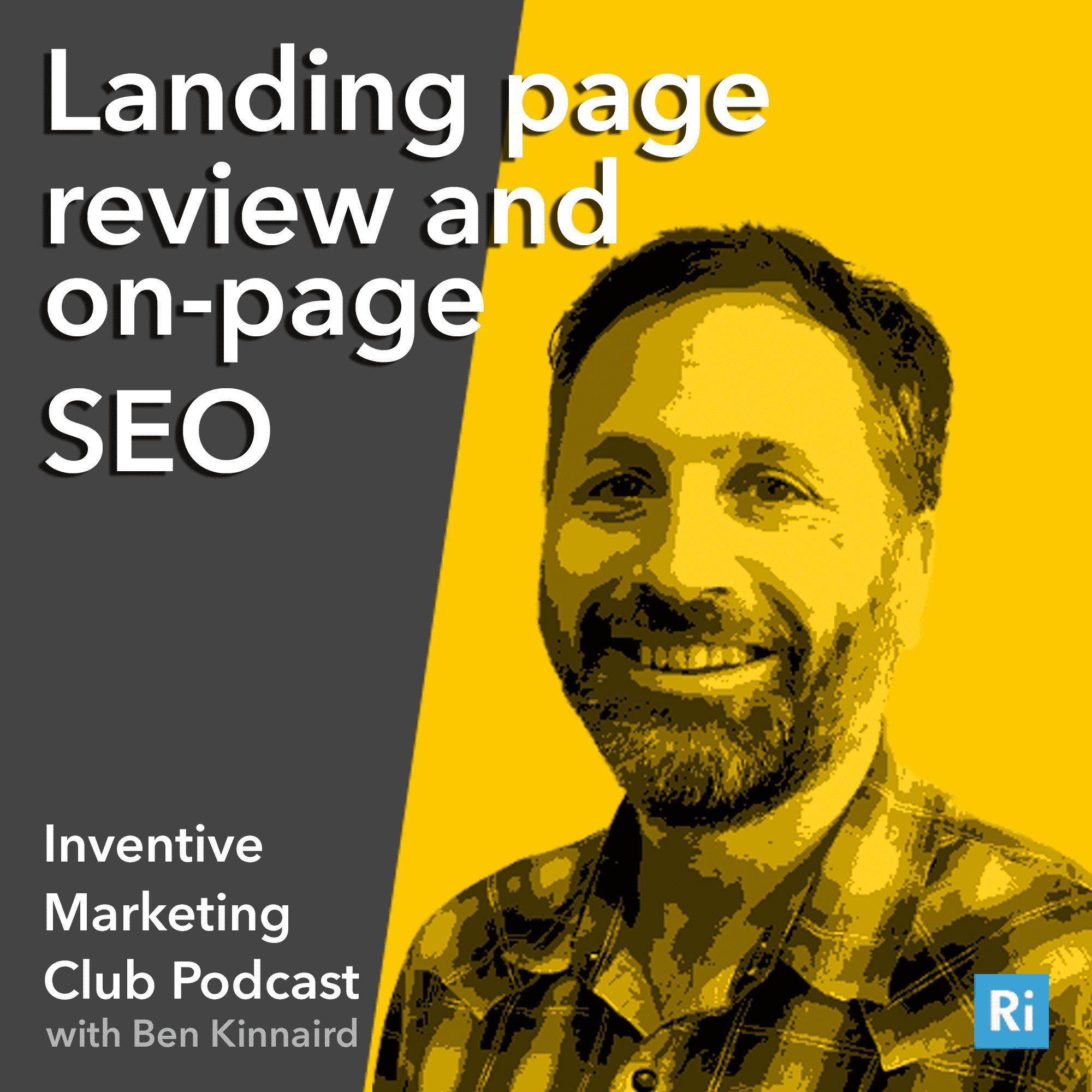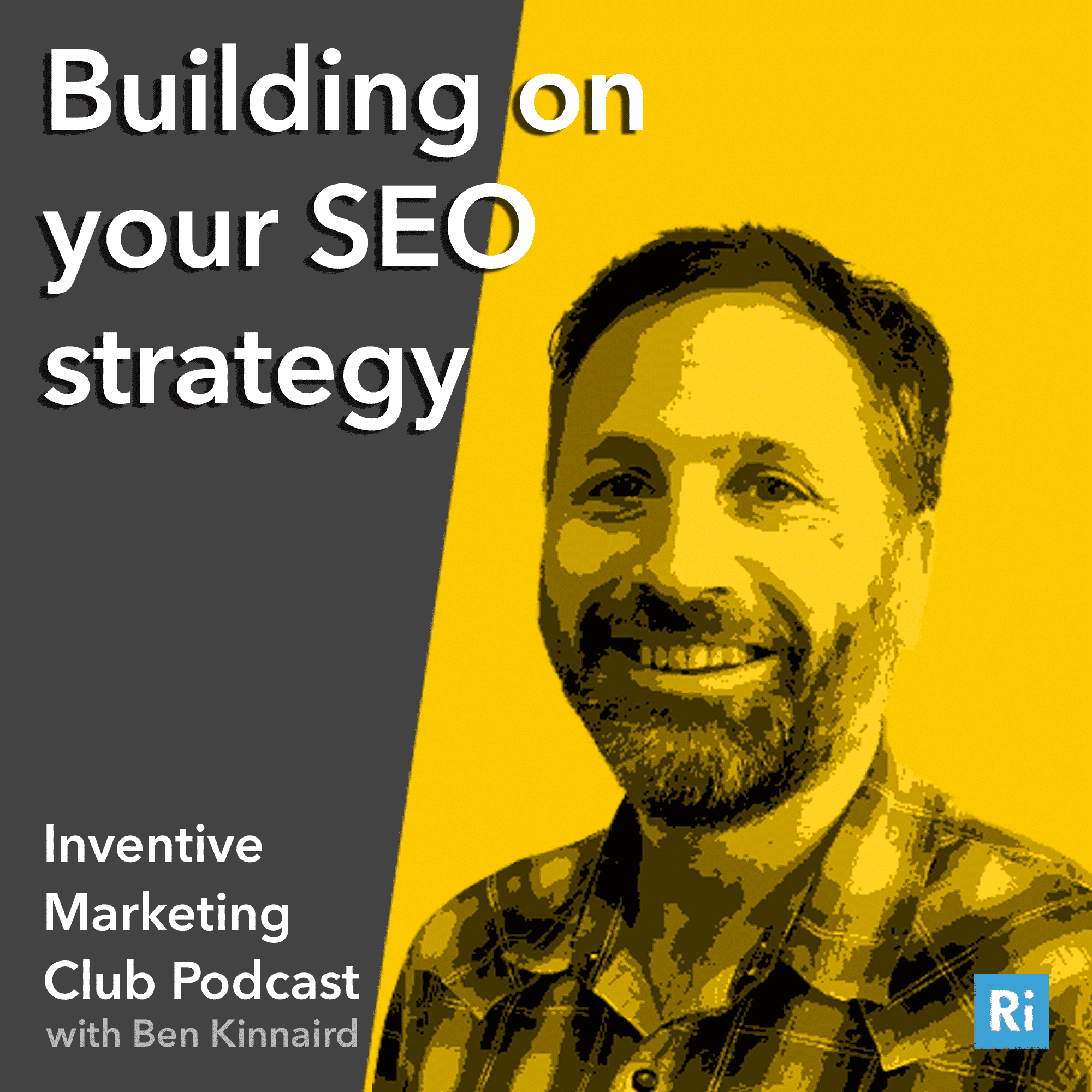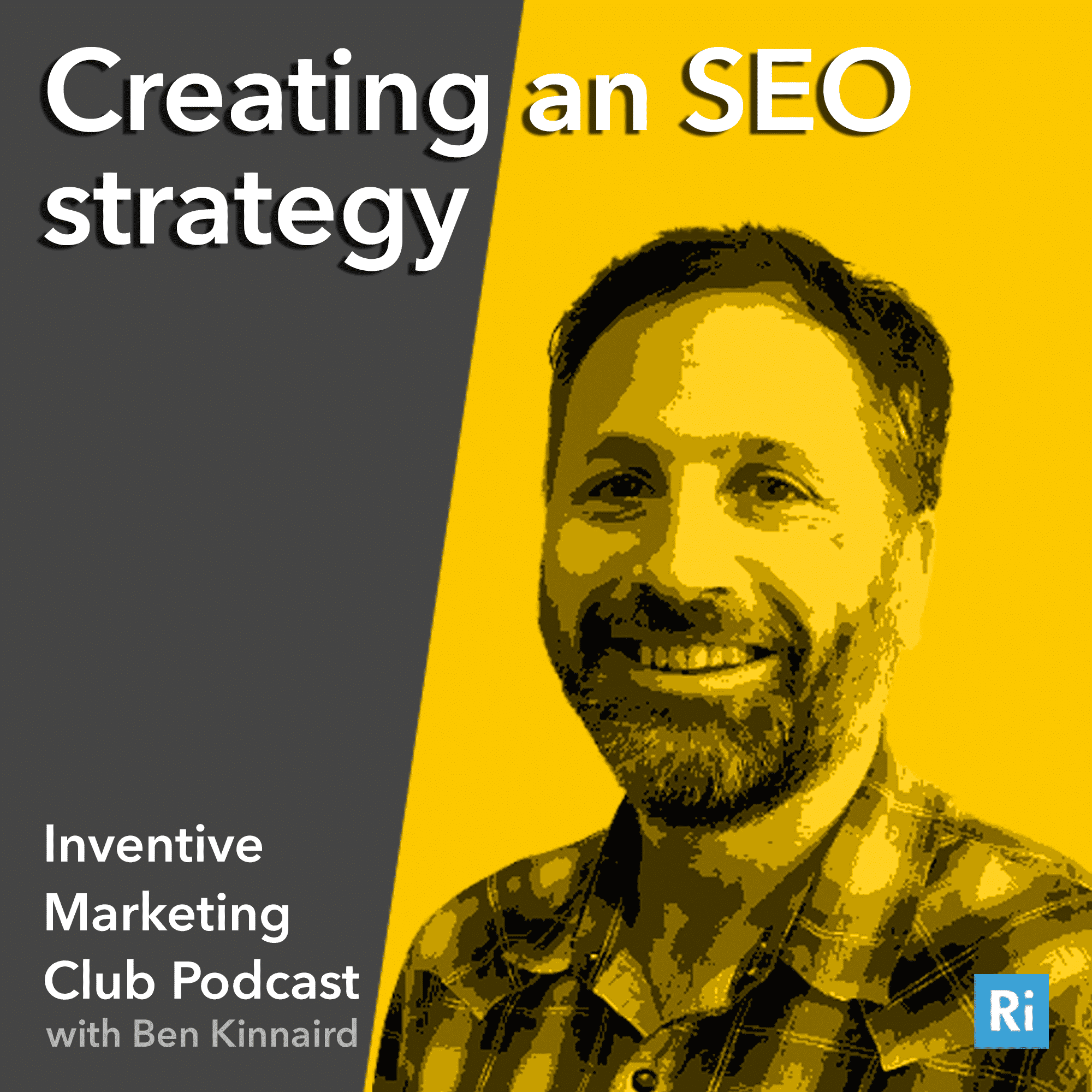A guide to choosing the right search terms for your business
First things first. What are keywords? They are the words or phrases that someone looking for a business or service like yours will type into a search engine to find you. And if those words and phrases don’t feature in the content, their website won’t come up when someone types them into a search engine.
As a general rule, your keyword list shouldn’t be very long. (If you’ve got 150 words or phrases in your list, you’re either running a multinational business with hundreds of products or you’ve got too many words on the list). Around 10 to 12 words or phrases is plenty for the average site.
So how do you choose them?
Part one: brainstorming and choosing
Brainstorm all the words that come to mind when thinking of your business. Don’t worry at this stage how many you’ve got. Now look at each of them in turn and ask “if I was looking for a business like mine, would I type this into Google?”. There are three possible answers:
- yes
- no
- only if I combine it with one (or more) other words or phrases in the list.
Remove all the “nos” from the list and combine all the “only ifs”.
Part two: checking and exploring
The next step is to check your list.
Enter them into Google (or your search engine of choice) and see what comes up. If your competitors or websites similar to yours are coming up, you’ve probably got the right keywords. If they aren’t, you can remove them from the list.
Ask your customers what they would type into a search engine if they wanted to find a business like yours. If they match yours, that’s great. If they don’t, add them to the list.
Use Google’s keyword research tool. This will provide you with suggestions you may not have thought of. It will also give you an idea of how competitive your chosen keywords are so you can assess your chances of appearing high up in the rankings. And this is extremely important.
Part three: assessing the competition
The last and perhaps most important step in this process is to assess your chances of appearing high up in the results when people search for them.
Let’s take an example. If you sell cars, you might think your top keyword is “cars” and that you need to be on the first page of results when people search on “cars”. But realistically
- you won’t be
- you don’t want to be (honestly!).
You won’t be because you’ll be competing with every single website in the world that’s about cars. The chance of being in the first one hundred pages, let alone the first page or the number one spot are remote, to say the least. Optimise your site on the word “cars”, you’ll never be found by your potential customers. The result? A website that isn’t doing its job.
But why don’t you want to be? Because anyone searching for the word “cars” is unlikely to be looking for you. They’ll be looking for photographs, to find out how they work, to find out how many there are, etc etc. The one thing they aren’t doing is looking for you. So if you did manage to get onto the first page, you’d get lots of visitors, certainly. But how many would turn into customers?
Optimise your site on the type of car you sell (luxury cars, vintage cars, red cars) and where you are (Herefordshire, Norfolk ) instead and you’ll only be competing against other people who sell the type of cars you do where you do. So your chances of being at the top of the rankings are better. What’s more, if people type “vintage cars for sale Herefordshire” into a search engine, they’re definitely looking for you. The result? A website that’s doing its job.
Think of it like this. If you work in a shop, you don’t need every person in town visiting your shop, you just need every person who is looking to buy what you sell. Get your keywords right and you’ll attract those people.

